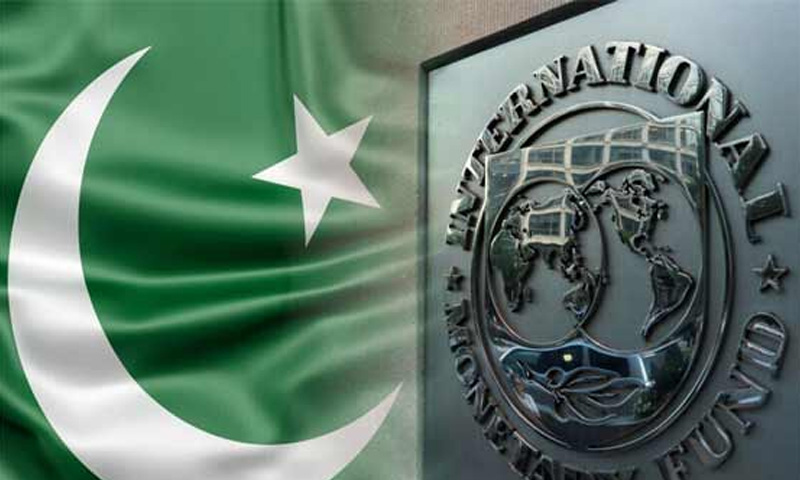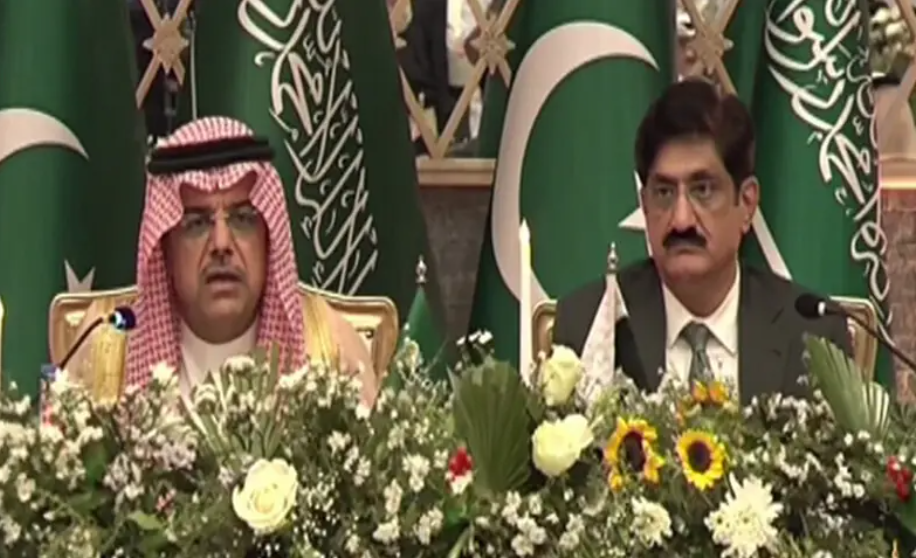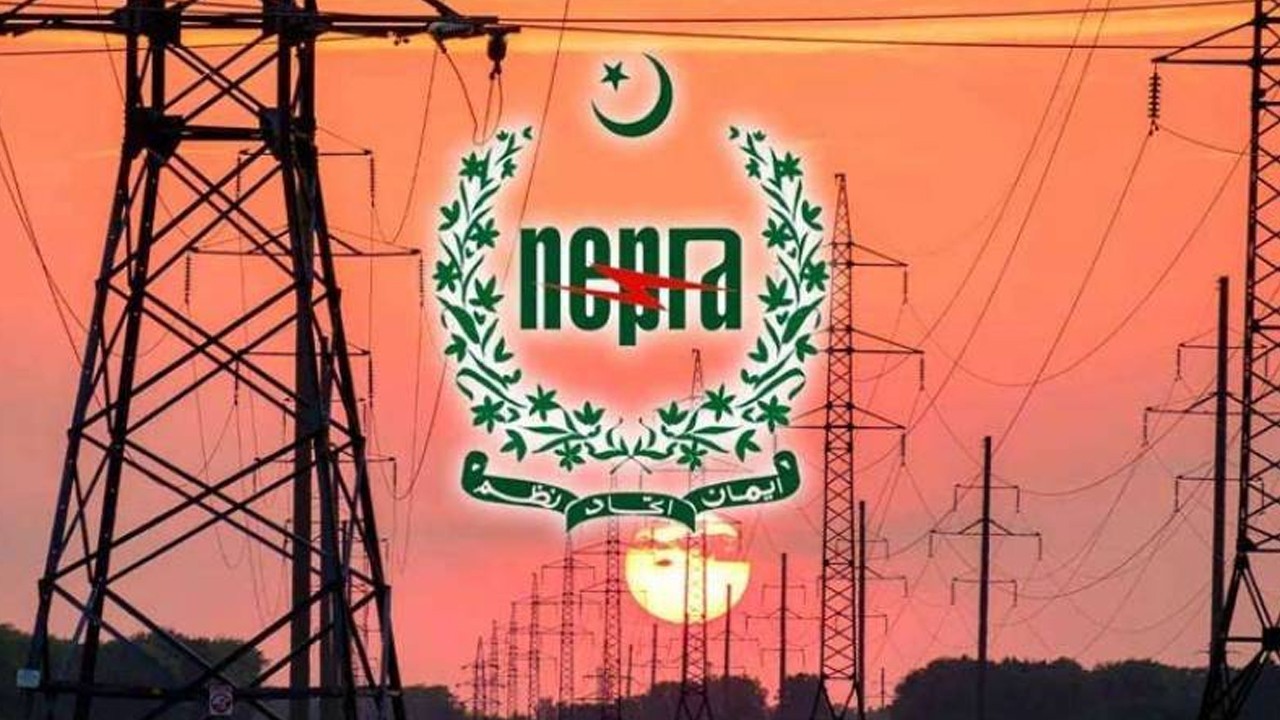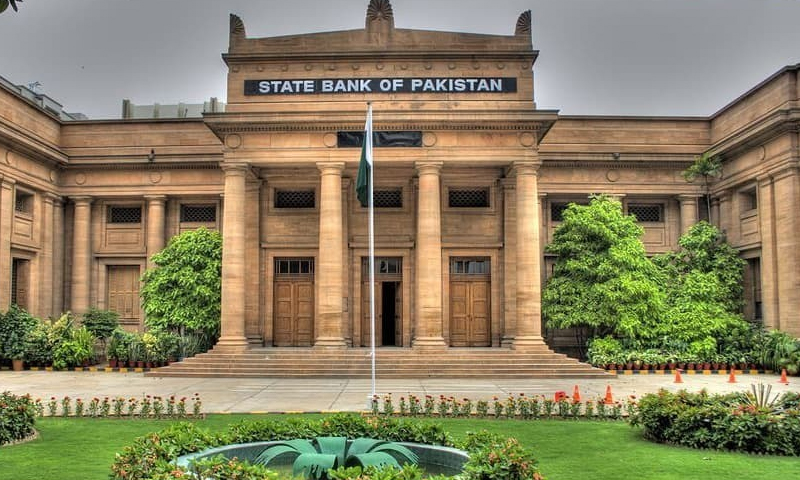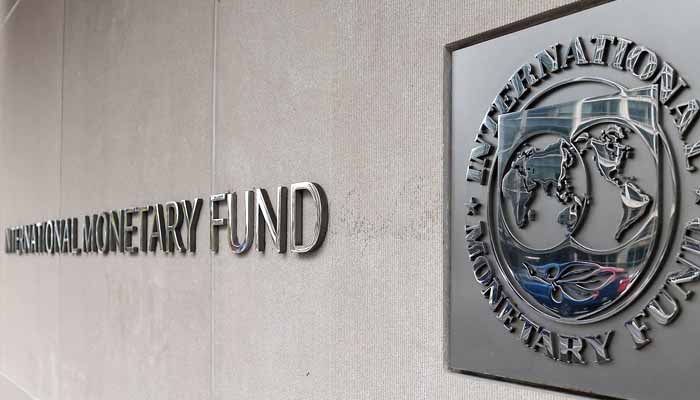TRADE & ECONOMY
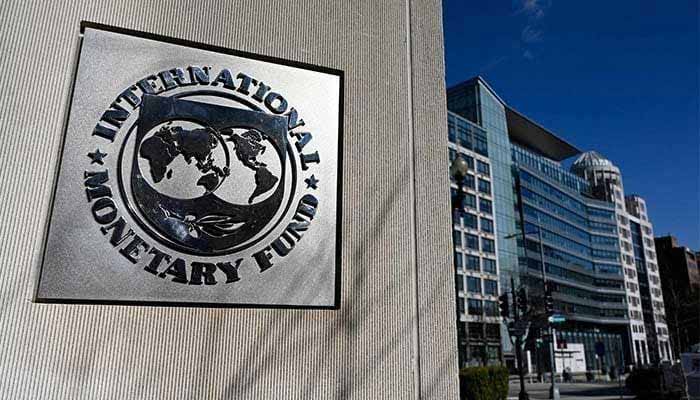
The International Monetary Fund (IMF) has recommended Pakistan introduce new taxes to compensate for the revenue shortfall recorded in the first quarter of the ongoing fiscal year, while also warning that escalating regional tensions could threaten the country’s economic stability.
During the second half-year economic review talks, the IMF expressed concern that increased geopolitical strains in the region could affect Pakistan’s external stability. Sources quoted IMF officials as saying that mounting tensions could drive up global commodity prices and slow down economic growth.
The Fund also highlighted that the global economic environment remains highly uncertain, and these conditions could undermine the confidence of foreign investors in Pakistan.
According to sources, the IMF noted a tax revenue shortfall of around Rs 200 billion in the first quarter of the current fiscal year. To bridge this gap, the IMF has proposed new taxation measures, including:
- Raising the excise duty on fertilizers from 5% to 10%.
- Imposing a new 5% excise duty on agricultural pesticides.
However, government officials have reportedly requested the IMF to grant a one-year extension before implementing these new taxes, citing the widespread damage caused by recent floods that have already burdened the agricultural sector.
Sources further revealed that the Federal Board of Revenue (FBR) may also be required to revise the annual tax target of Rs 14,131 billion in proportion to the current shortfall, if collection trends do not improve in the coming months.
The IMF’s recommendations come at a time when Pakistan is struggling to maintain fiscal discipline amid high inflation, sluggish growth, and external pressures. While the government aims to balance reform commitments with relief for flood-hit communities, the IMF continues to push for broader tax reforms to expand the revenue base and ensure economic stability.
